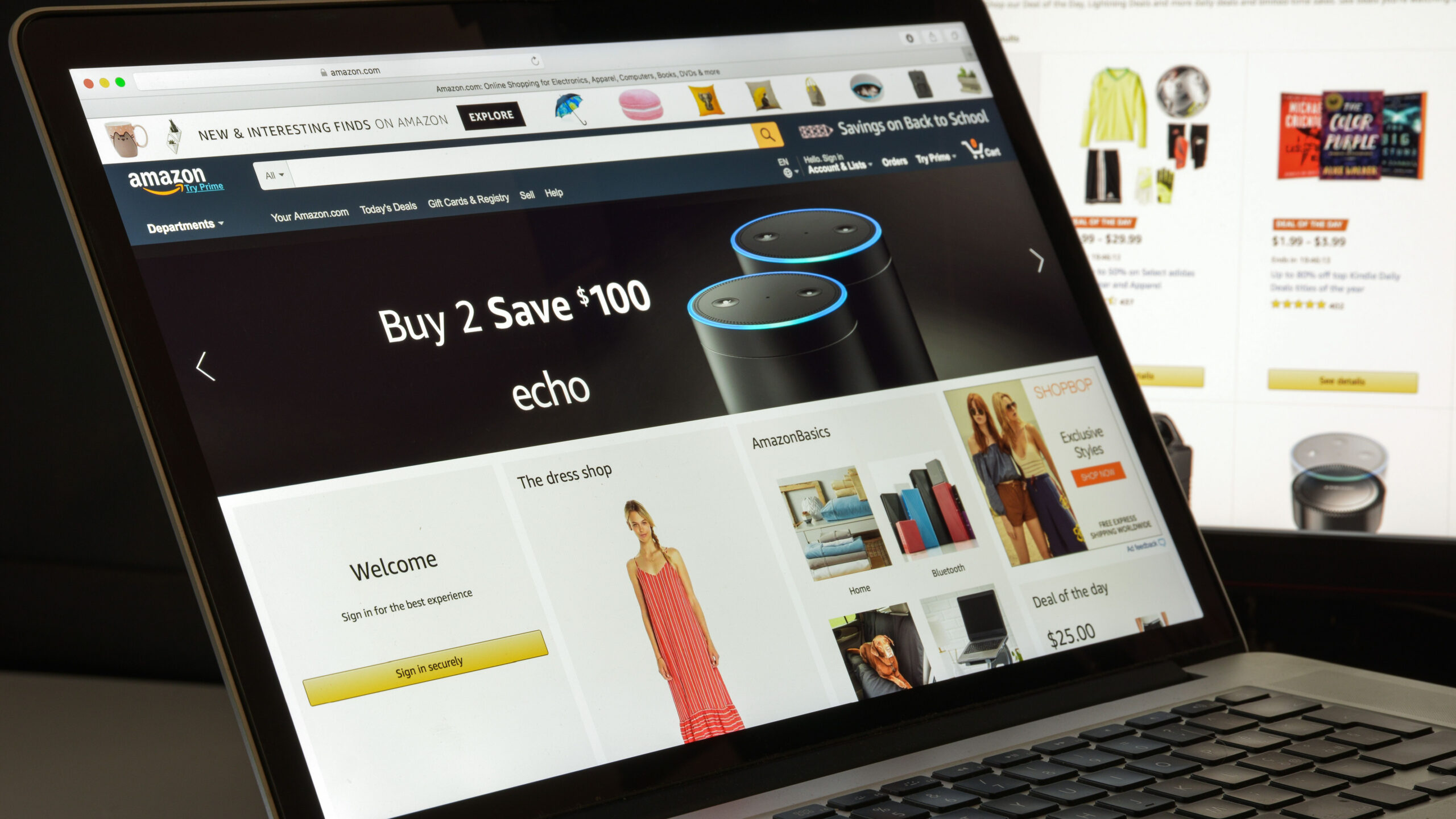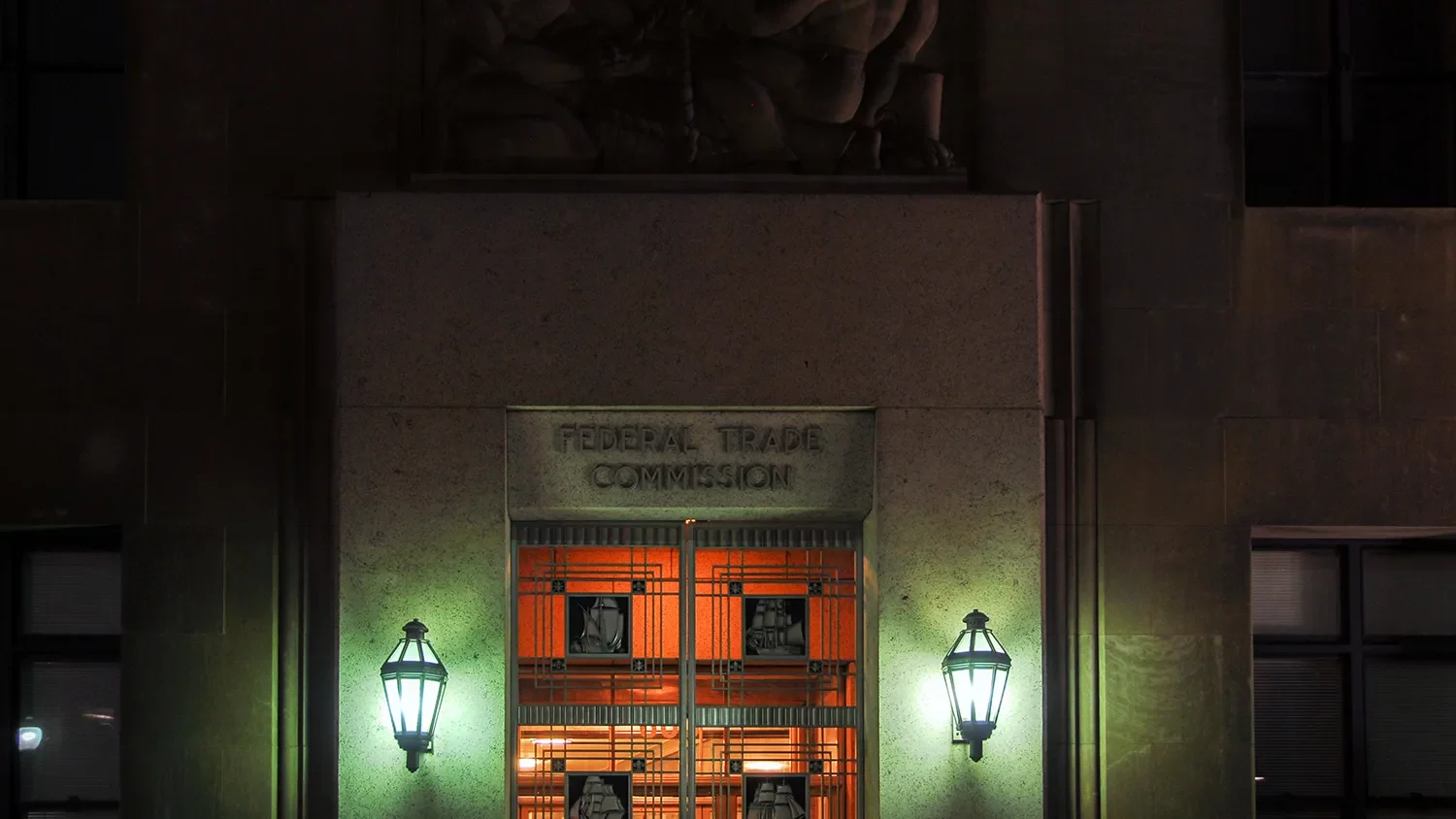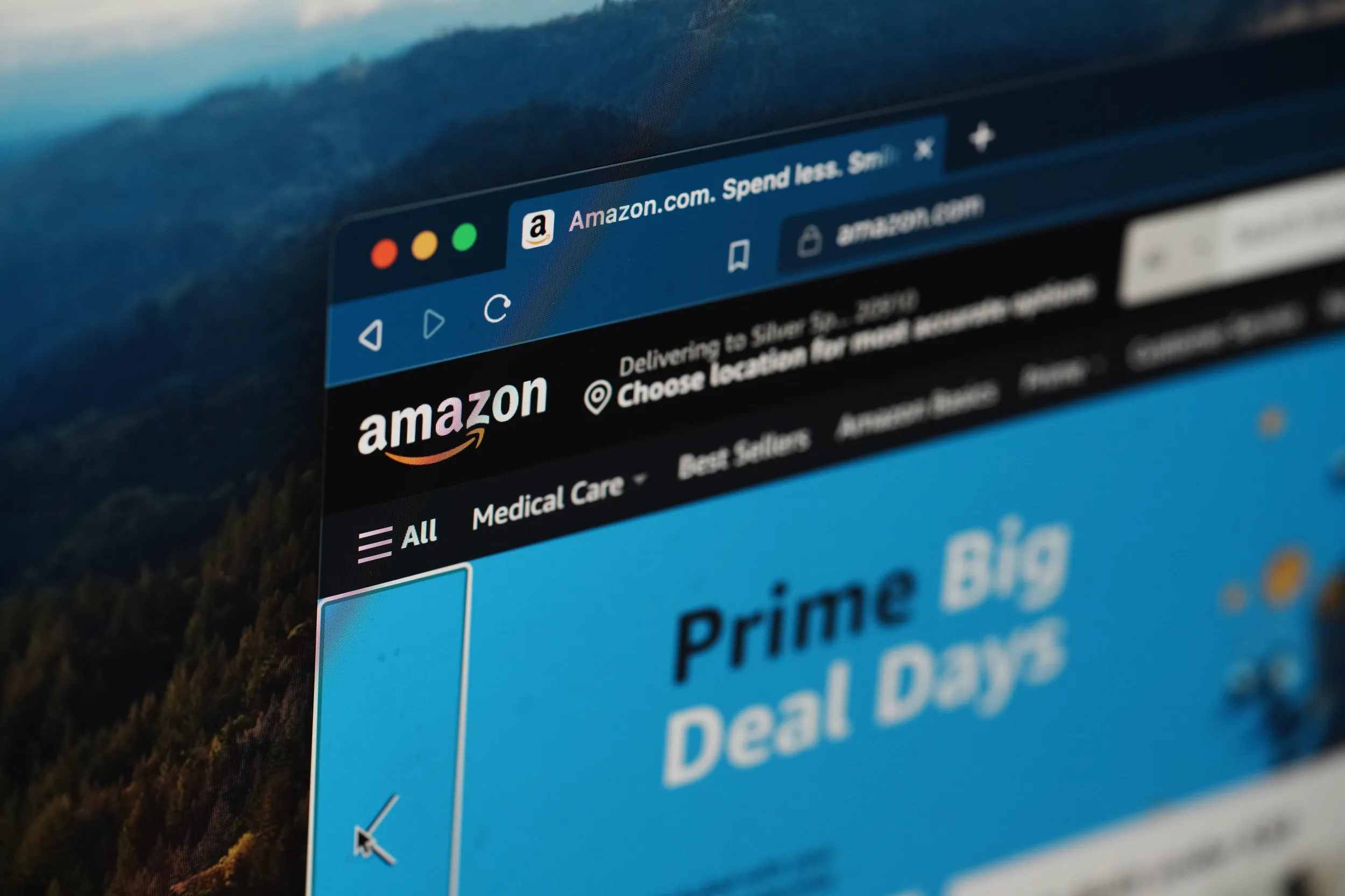FTC’s Market Definition in Amazon Case Raises the Question: Is this about Competition or Competitors?

This week the FTC announced its long-anticipated lawsuit against Amazon, alleging that Amazon prevents “rivals from fairly competing”, citing “tactics that…suffocate rivals”. Setting aside that these are competitive practices utilized by large retailers across the economy, the question of who those rivals are looms in the foreground.
Antitrust cases require enforcers to articulate a “relevant market”, and as previously predicted here, the Commission has coined two implausible relevant markets to sustain its claim: “online superstores” and “online marketplace services.”
The fiction of “online superstores” implies a market that consists principally of Amazon and a handful of leading big box retailers. According to the Commission:
122. “The online superstore market is a relevant product market. Online superstores compete to build long-term relationships with consumers across multiple purchases of a variety of items. Online superstores do so by offering a distinct set of features that reduce time aid effort for shoppers online, thereby encouraging shoppers to return to those online superstores for a broad swath of goods. Because of these and other features, brick-and-mortar stores and online stores with a more limited selection are not reasonably interchangeable with online superstores for the same purposes and are thus properly excluded from the online superstore market.”
Conveniently for the FTC, this market definition produces a market of only the biggest of big-box retailers competing with Amazon. The FTC identifies just three other companies as “online superstores:” including Walmart, the biggest retailer in the US by revenue, and Target, the sixth biggest retailer by revenue, (see FTC complaint para 170 and 171). These firms are, the Complaint would have readers believe, “distinct from, and not reasonably interchangeable with, brick-and-mortar stores.” (see FTC Complaint para. 140).
This flies in the face of obvious evidence that there is robust competition between brick-&-mortar retailers and online retailers, a fact embedded in the growing trend toward “omnichannel” commerce. Nevertheless, the idea that large retailers like Target need to be protected from their competitors is endemic throughout the FTC’s complaint. What the FTC sees as most problematic is Amazon’s growth, which it suggests is intended to “to keep rivals from gaining the scale needed to compete effectively against Amazon.” (see FTC Complaint para. 12)
Even if this were an appropriate use of enforcement resources, it isn’t rooted in fact. Research has shown that digital commerce has a deflationary effect, and has helped combat spiraling inflation in recent years. Online prices are falling faster now than at any point this decade, and retailers like Walmart and Target are growing online. Walmart sales were up 24% in the second quarter alone, and its e-commerce sales are the fastest growing part of its business.
Given that the FTC defines Amazon’s rivals as “superstores” that have enormous scale, even if its case were to help prospective rivals, those rivals would need to necessarily be the next biggest retailers in order to compete in the “market” that the FTC has chosen. Query whether Costco, Kroger, Home Depot, Lowes, CVS, or Walgreens — all retailers with over $100 billion in revenue — need the FTC’s help to achieve the “scale” necessary to rival online superstores.
The FTC also gives a nod to wanting to help America’s largest logistics companies — FedEx and UPS — achieve more “scale.” It notes that Amazon incentivizing sellers to use its own logistics service to deliver Prime offers in two days nationwide deprives other logistics companies of a “source of scale that is necessary to develop efficient fulfillment networks” (see FTC complaint para 366).
In short, the FTC is seeking to hold back an industry leader until prospective competitors can develop adequate scale to more aggressively contest the “online superstores market.” Yet the retail industry is vibrant; the National Retail Federation reports that there are over 100 retailers earning over $1 billion in revenue. The idea that retailers with billions in U.S. revenue need a leg up is doubtful.
More broadly, there’s no stated consumer harm here. In many ways, the FTC’s desire to artificially designate Amazon as a monopoly by manufacturing an illusory “market” where it only competes with Walmart and Target undermines its entire case, as those competitors – and others who could achieve that scale – are the only companies that could benefit from the FTCs suit. This case is about competitors, not competition — something regulators and courts have long stated should not be the goal of U.S. antitrust policy. As a result, only a handful of companies, and not consumers, stand to benefit from it.







